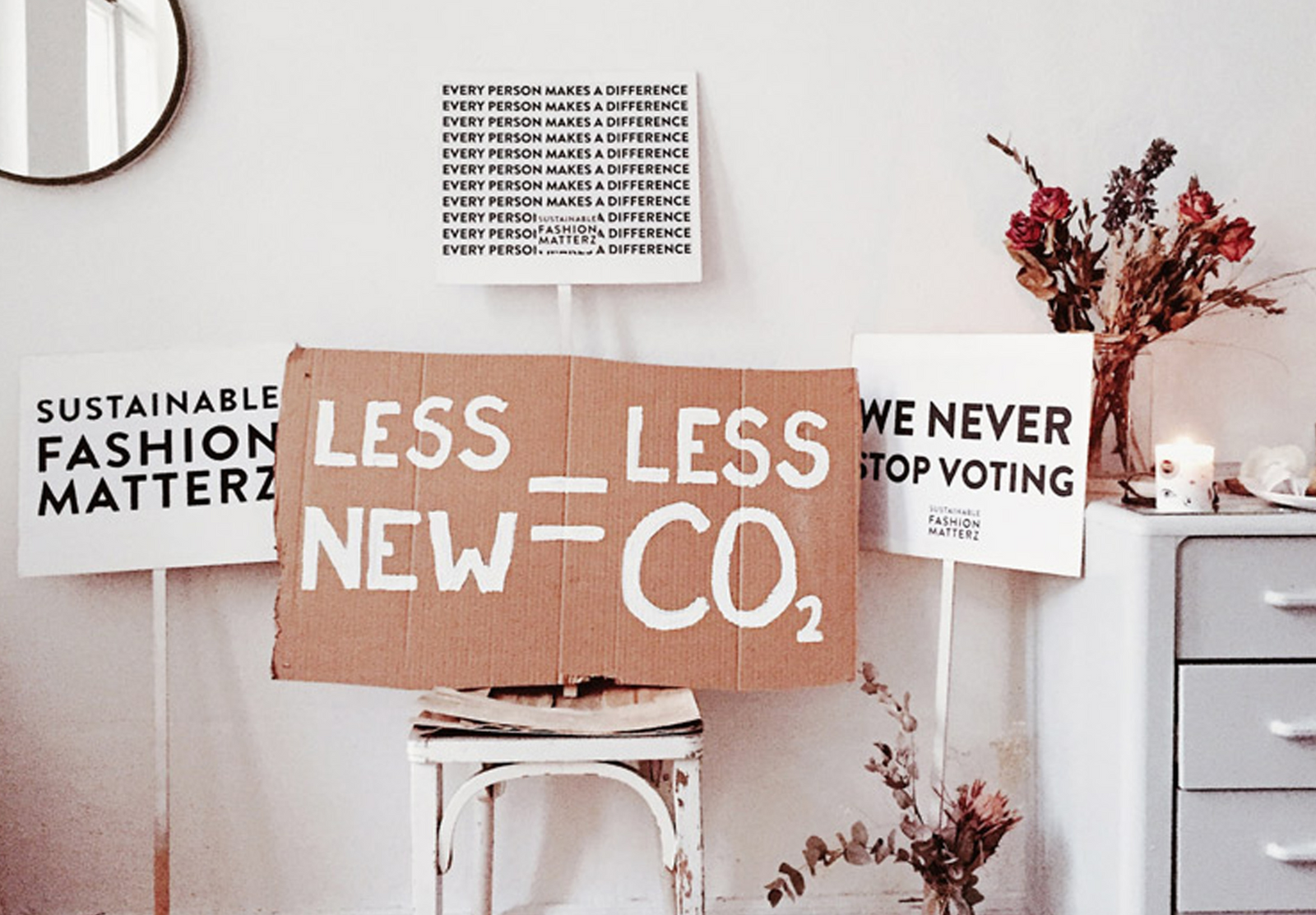The Future of Sustainable Fashion

In recent years, the fashion industry has witnessed a significant shift towards sustainable practices with a much stronger focus on the use of eco-friendly fibres. As consumers become more conscious of the environmental impact of their purchases, sustainable fashion has emerged as a powerful movement, allowing individuals to make a stylish statement while promoting a healthier planet.
In this blog, we will explore the importance of using eco-friendly fabrics, not only for the environment but also for the comfort and well-being of the wearer. We will also delve into the rising popularity of hemp and linen and emphasise the importance of understanding the fabrics we buy and the companies that we support.
The fashion industry has long been associated with negative environmental consequences, although not always transparent, from excessive water consumption to harmful chemical pollution. By choosing eco-friendly fabrics that have been OEKO TEX approved or organically certified, we can mitigate these impacts and contribute to a more sustainable future. These fabrics include organic cotton, hemp and linen, which are cultivated using methods that minimise the use of chemicals, pesticides and water, reducing harm to the environment and preserving biodiversity.
Aside from their positive environmental impact, eco-friendly fabrics also offer numerous benefits to the wearer in regard to comfort. These fibres have inherent breathability and moisture wicking properties, allowing the skin to breathe, and reducing the likelihood of skin irritation, unlike synthetic materials which can trap heat and moisture.
Beyond the physical benefits, sustainable fashion allows us as the consumer to create a connection with our clothing choices. Buying eco-friendly garments that align with our values and beliefs can evoke a sense of pride and satisfaction. Paying more for an item that is made from quality fabrics and well-made not only reminds us that we deserve to wear clothing that makes us feel and look good, but ultimately, we may be more inclined to look after these clothes with greater care so they last longer, which ultimately works out to be more cost effective in the long run.
When we purchase sustainable clothing, we support brands that are committed to ethical production practices and the use of eco-friendly fabrics. By choosing companies that prioritise sustainability, we send a powerful message to the fashion industry that we value environmentally responsible practices, which also encourages brands to continue creating clothing a more sustainable manner.
In recent years, we have witnessed the resurgence of two eco-friendly fabrics- hemp and linen. Both materials have a rich history and offer numerous environmental and comfort benefits.
Hemp, derived from the Cannabis sativa plant, requires minimal water and pesticides to grow making it an incredibly sustainable choice. It is a versatile fabric that is extremely durable and breathable.
Linen, derived from the flax plant, is known for its exceptional breathability and strength. Like hemp, linen is a low-impact fabric that requires less water and chemicals during its growth stages.
By embracing eco-friendly fabrics such as organic cotton, hemp and linen we not only contribute to the preservation of the environment but also have a greater experience of comfort and well-being.
Supporting sustainable brands such as Devina Louise sends a powerful message and encourages other brands.






Leave a comment